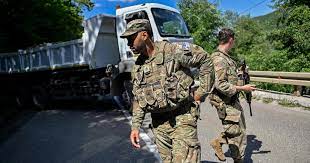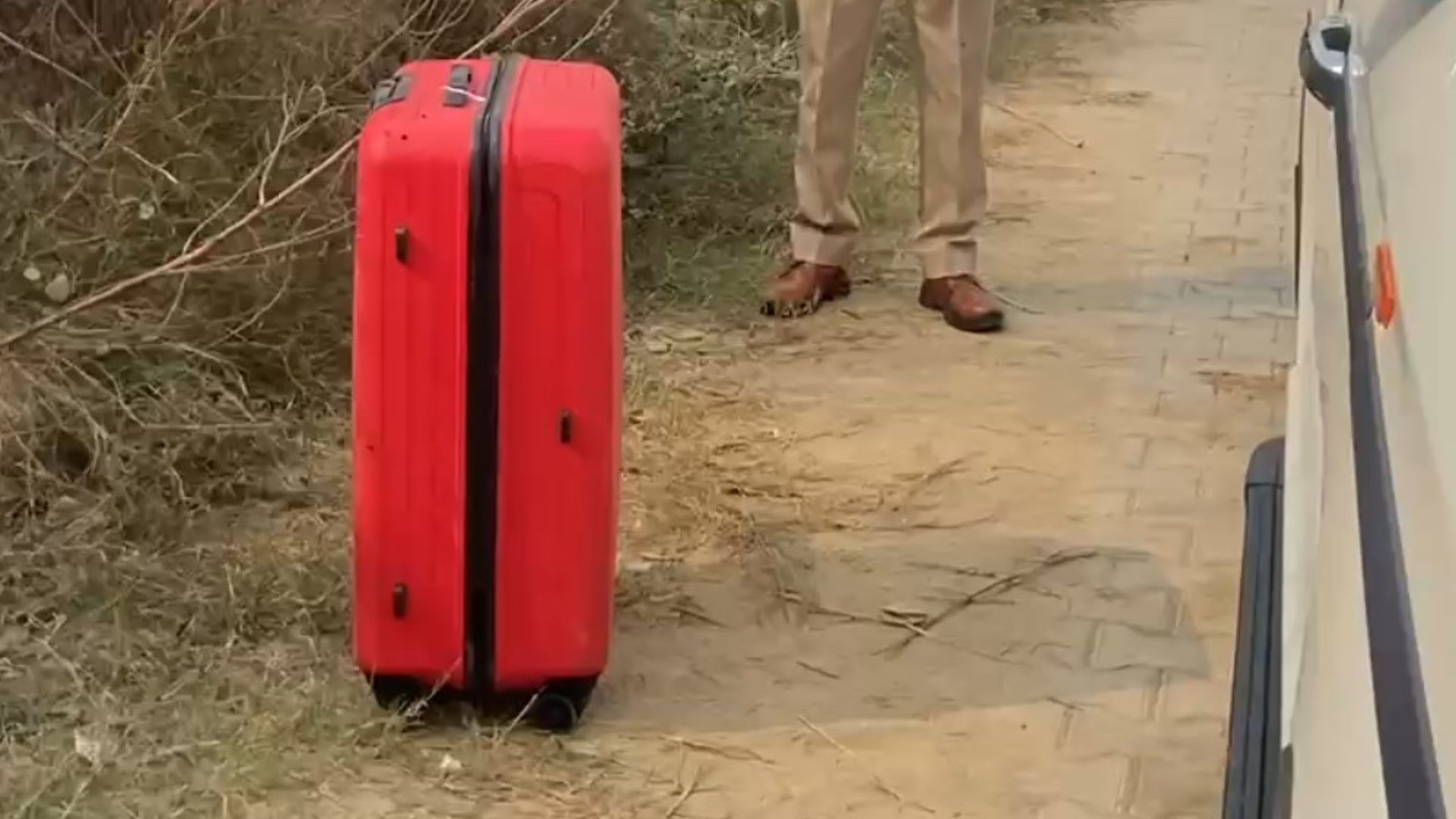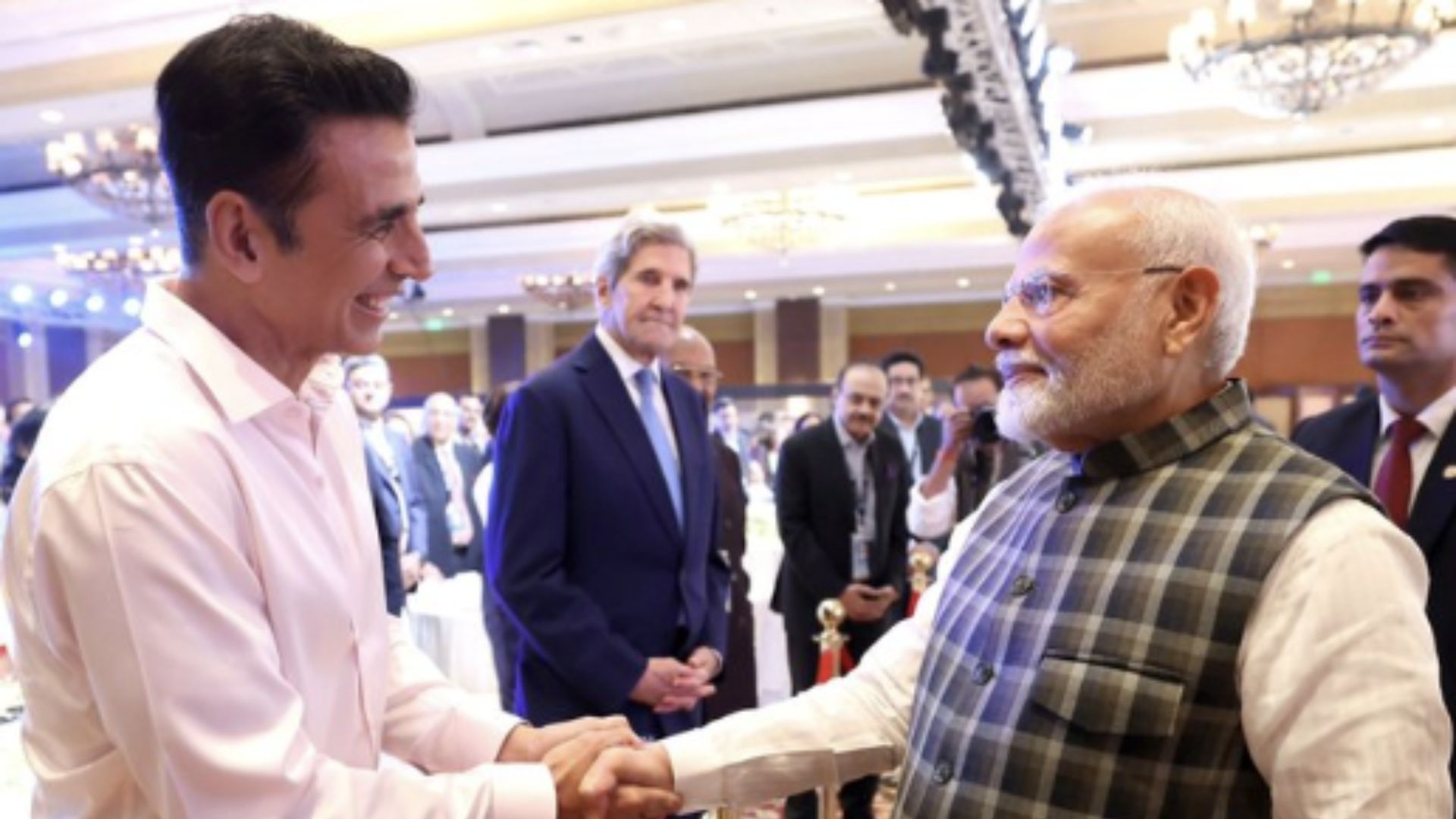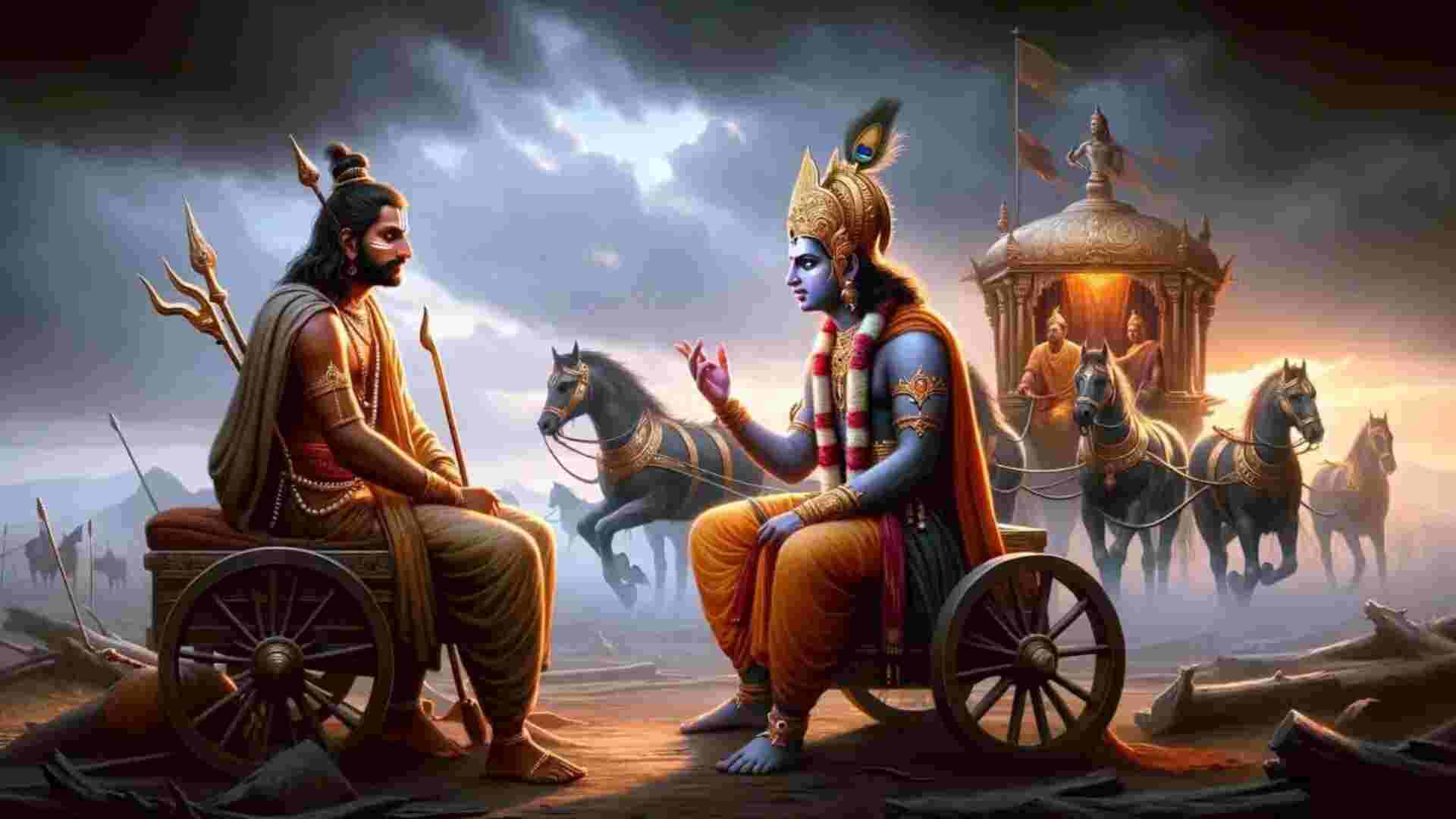
Serbs, again in the Balkans, a southeast region of Europe, are in serious protests over Kosovo that NATO troops are trying to quell. It is a combustible region that even experienced the assassination of a top “political” and royal figure of the Archduke of the Austrian empire that led to the breakout of the devastating World War I in 1914. The later war over the status of Kosovo, in 1998 to 1999, almost had Russian and NATO troops clashing directly against each other there.
The question now is will NATO troops recently mobilized against Serbs, eventually bring about, if not another world war, but pile on further severe tensions between NATO and Russia, already dangerous enough? After all, essentially Serbia remains one of the few near enough allies in Europe to Moscow. And the Kremlin and more specifically, its security council, effectively led by “born again” war hawk, Dmitry Medvedev, are in no mood just to stand-by and see NATO undermine its ally’s territorial interests by another attack on Belgrade or even Kosovo Serbs. Time will tell both in the immediacy and/or the longer term, whether this region will explode again, as Serbia mobilizes its troops to the border with Kosovo.
Some further context though is needed. Belgrade and the vast majority of Serbs have never relinquished their country’s claim over Kosovo, part of the former Yugoslavia. For Serbs, despite a large ethnic Albanian, Muslin population there, it sees the area as religiously iconic to it. Serbia even went to war to “keep” it after Yugoslavia’s break-up that basically spun off constituent pieces, including Serbia, but leaving Kosovo though in some limbo in terms of its territorial status. To a fairly serious extent, that limbo remains.
Unfortunately, during this war in 1998 to1999, NATO heavily bombed the Republic of Serbia’s capital, Belgrade. US-led NATO’s rational was to get Belgrade to back off from taking Kosovo and to stop war crimes there. However, most Serbs who experienced that period have little forgiven the West for the bombing and generally, they see the West as ignoring Serbian deep historical, cultural and religious ties to Kosovo.
So horrendous were these aerial attacks to top tennis champion and Serbian Novak Djokovic that they remain with him as horrible memories of that time. He expressed wish that Serbian aspirations, once again rising to keep Kosovo in Serbia, or more strongly aligned to it were recently written on to a TV camera by him at the French Open tennis after his first match victory. This underlines presently strong Serb feelings not to be dismissed, even if one believes politics should not be brought to sports events in general.
Not only recently, Serb protesters in ethnically Serbian dominated cities in Kosovo were attacked upon by NATO troops. That is for their protest against being administratively more incorporated into the Western backed Kosovo, a republic that is far from universally recognized by the wide international community. But, it needs to be remembered that Russian troops were present nearby in the Kosovo war. Importantly, it appears only the quick witted leadership of a British commander prevented NATO sourced troops there at the time from engaging militarily with Russian troops which could have led to a world war. But would there be any next time of a more concerted will by Russian troops to defend Serbian interests alongside local troops. Or at least for Moscow to introduce much more Russian advanced military equipment into Serbia, including to help to back up protesters. And with any huge potential support by Serbian citizenry to engage NATO troops there, is the powder keg Balkans about to once more lead to a major war that could impact well beyond Europe’s border, even into the Indian subcontinent?
The split in Kosovo between the Muslim majority and minority Serbs attached to the Christian Orthodox church might have a bad domino effect in the region. Keep in mind, also that Muslim Turkey’s, recently re-elected President Erdogan has been expanding Ankara’s interests abroad and Turkey being part of both the Balkans and NATO.
Let us also not forget that we are talking about NATO countries well spread out militarily in Europe because of the war in Ukraine. It is a NATO that is expressly worried about running out of ammunition and equipment, given the level of Kiev’s demands, if not needs. And western countries knowing pretty well they would, therefore be hard pressed to deal with another war front against China. Forget it, if a third front opened up around Kosovo. It might be game over for the West on demonstrating its global security leadership, already battered enough.
While one can debate whether Kosovo should be a separate republic, it is inarguable that ethnic Serbs living there should be protected. That includes their right to significantly politically and administratively control their own lives in a decentralized framework that might borrow on some ideas from the Minsk accords. The very deep roots that Serbs feel with Kosovo, indeed cannot be dismissed. If one remembers what happened when ethnic Russians and Russian speakers’ rights in Ukraine were largely dismissed, and even blasted away at, it should all make NATO really pause this time. That is not to do something really badly thought-out that will bring about a new tortuous war in Europe that it and certainly Turkey and even outliers like the Indian subcontinent cannot afford.
Let us hope cooler heads prevail. But NATO as a credible peacemaker trying as its Secretary General is doing to restrain Kosovo central authorities not to provoke has problems. Serbs like so many Russians and the South just do not trust NATO to be an independent arbitrator. This is where India may need to step up more, as well as the UN that also has had a peacekeeping force there.
The Balkan region, given its past history and Kosovo in particular should not be underestimated for the destruction it can bring about. It should not be left to boil over especially given the current sharp tensions between the West and Russia. India is no doubt taking note and should press its mission of peace and inclusiveness there, as well before it too is potentially badly impacted by another deadly and mad European war.
It would be sad if Ukraine represented the powder keg to massive war, but Serbia and Kosovo were the fuse that eventually lit all of the world and India into economic meltdown, if not nuclear winter.

Peter Dash is an educator and former Associate at Harvard.













